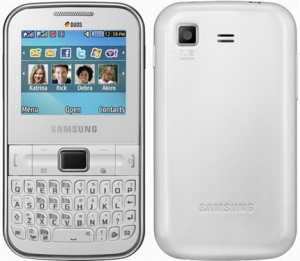 When you think”identity fraud” you probably think of a skimmed ATM card, or unsecured online credit card transaction- you probably do not think “smart phone”.
When you think”identity fraud” you probably think of a skimmed ATM card, or unsecured online credit card transaction- you probably do not think “smart phone”.
Nearly 12 million Americans were victims of identity theft in 2011, an increase of 13 percent over 2010, according to a report released on Wednesday by the research firm Javelin Strategy & Research.
The rise in the use of smartphones and social media by incautious consumers fueled the increase in identity fraud, and 2011 was a year of several big data breaches too. The fact that smartphones store mass amount of personal information definitely put them on the radar of would-be identity thieves.
Although people are able to protect thier personal information by using password,the survey found, in fact, that 62% of users don’t use a password to lock their screen, leaving it open for potential mischief makers to access your personal information, everything from twitter pages to password sensitive, personal emails.I think that it is about consumer’s responsibility.
There are several way of protecting your smart phones from identity fraud.
- Pay attention to security-breach notifications. “Consumers see a lot of these notifications, and unfortunately it’s become a little bit of white noise,” Schwartz said. “Most notifications come with some sort of educational note that consumers should use.”
- Keep a close watch on your credit cards and bank accounts.
- Don’t give out your Social Security number unless you absolutely must, such as to your employer or insurer. If you have health insurance, for example, you shouldn’t have to give the doctor’s office your Social Security number because it’s already tied to your insurance.
- Keep your antivirus software up-to-date on all electronic devices, including your smartphon Use strong passwords, a mix of letters, numbers and symbols, and use different passwords for each account. Yes, it’s inconvenient, but getting your identity stolen is more agonizing. According to credit-reporting firm TransUnion, it takes victims about 30 hours and $500, on average, to resolve identity fraud.
- Be careful what you tell your “friends” on social-media sites; scammers may be reading, too. “Assume that anything you post in public areas is fair game,” ID Analytics’s Winston said.
- Don’t store personal information on mobile devices.
- Leave your unneeded credit cards, Social Security card, birth certificate and passport at home.
Image: Smartphone da Samsung no Leilão Online da semana! by sucelloleiloes – cclicensed via Flickr


Add a comment